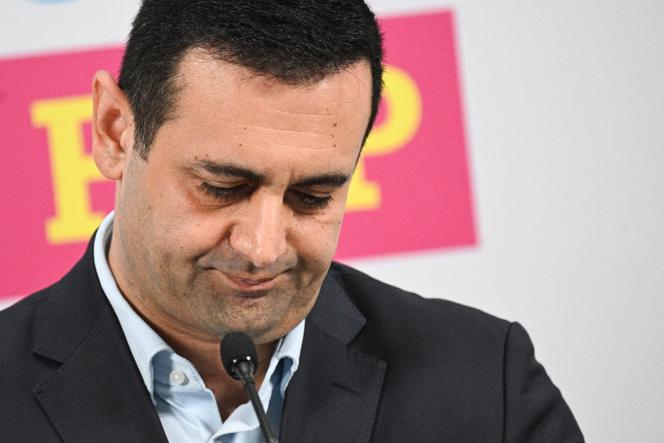


Renowned for its ability to make or break majorities in Germany, will the Liberal Democratic Party (FDP) still be represented in the Bundestag following the February 23, 2025 elections? After several press investigations revealed its plan to break with Chancellor Olaf Scholz's (SPD) coalition on the evening of November 6, the party is going through a crisis that threatens its short-term future.
On Friday, November 29, with less than 100 days to go before parliamentary elections, the party's two top officials resigned – secretary general Bijan Djir-Sarai and then federal director general Carsten Reymann. Both announced their wish to protect their organization after the release of an internal document confirming several German media reports that the FDP had drawn up "D-Day scenarios" ahead of the break with the governing coalition.
Following the 2021 parliamentary elections, the FDP formed an alliance with the SPD and the Greens to govern the country. But relations within the coalition steadily deteriorated, as ideological differences grew between a Keynesian-inspired SPD and an FDP that made fiscal orthodoxy an important political symbol. On November 6, amid discussions on the 2025 budget, Scholz finally fired his finance minister and FDP president Christian Lindner, causing the coalition to break up and making early elections inevitable.
"I feel compelled to take this step in order to prevent damage to our country," explained the Chancellor at the time. "We need a government capable of action, and with the strength to make the necessary decisions for our country." Lindner tried to portray himself as a victim, accusing Scholz of having planned his departure a long time ago.
Having initially denied the news, the FDP then found itself confounded by its own internal documents, describing precisely how the break with the coalition should play out, the ideal moment for it to occur, and the communication that was to accompany the event, including the speech that Lindner gave on the day of his departure from government. In doing this, the FDP had hoped to boost its standing in the polls, given that the coalition was particularly unpopular with the public. It also hoped to campaign on its favorite theme, the economy, at a time when Germany was going through its second year of recession.
It's hard to imagine how the party will cope with what the German press is already calling "a scandal." The evidence that the FDP intended to exit the government while leaving the responsibility on the Chancellor's shoulders paints a picture of a calculating, cynical and lying party. The reference to D-Day, initially denied by the FDP, was also badly received in Germany, where references to the Nazi period are not taken lightly. Unconvincingly, Lindner asserted that he had no knowledge of the published document and would not have approved it as it stood.
You have 32.8% of this article left to read. The rest is for subscribers only.
